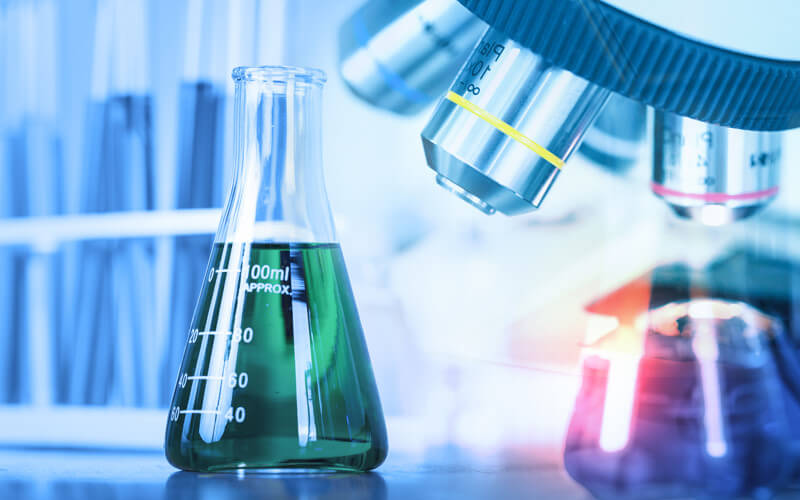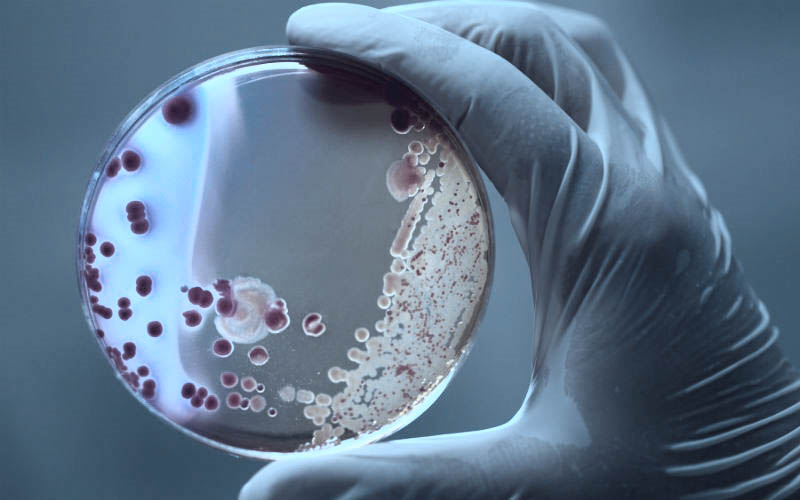Metabolism and Inflammation
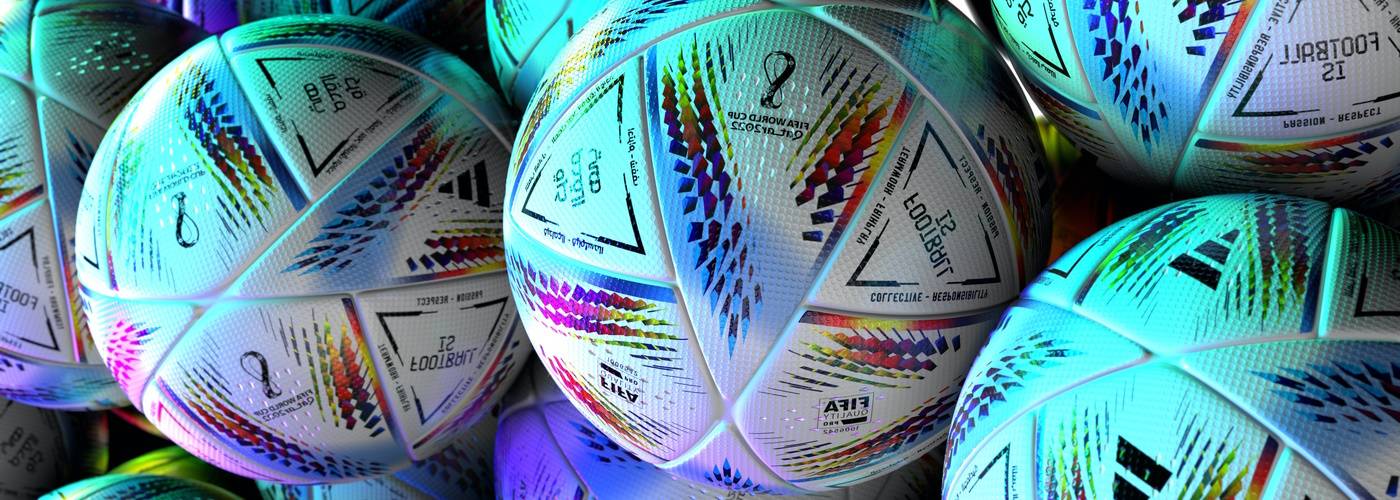
Unique health programme helps screen over 42,000 workers in Qatar
Prof Vidya Mohamed Ali says the 2022 FIFA World Cup in Qatar has provided a catalyst for introducing important improvements in workers’ rights, employment conditions and access to healthcare.
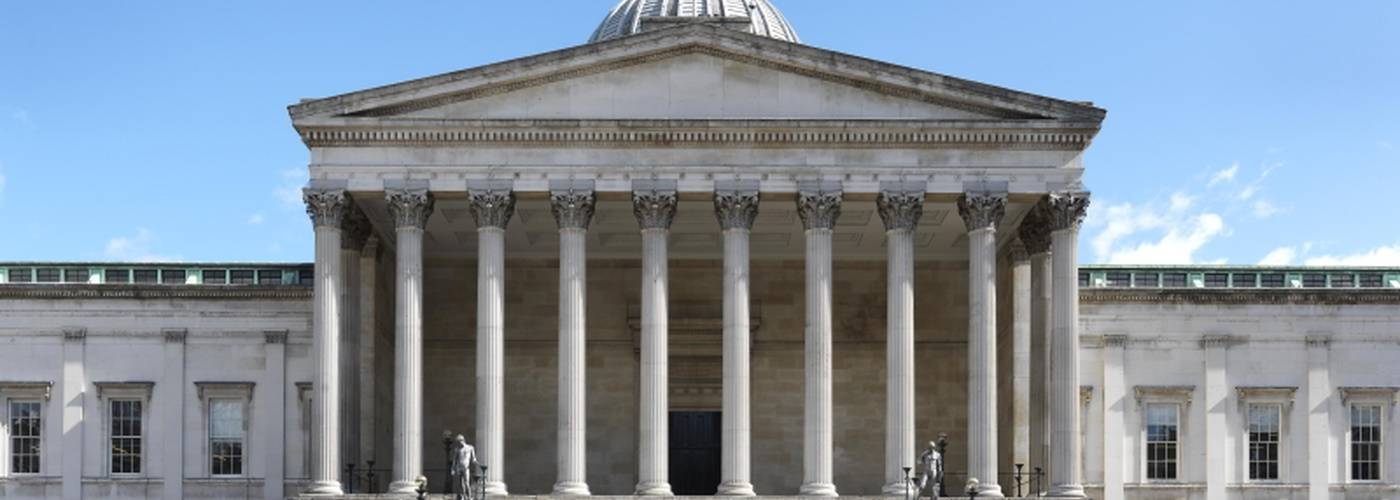
Dr. Al Maadheed to inaugurate medical research centre at UCL
A new medical research centre will be presided by Dr Mohamed bin Ghanem Al Ali Al Maadheed, President of Qatar Red Crescent Society (QRCS).
Our mission
- Contribute to the health of low / middle-income communities by investigating the burden of non-communicable diseases (NCDs) on them using an omics approach.
- Focusing on the inflammatory processes linking NCDs, both as cause and consequence, to metabolic dysfunction.
- Tailoring diagnostics and therapeutics based on these findings using camelid antibodies.
Research at the Centre of Metabolism & Inflammation: 1st Annual Symposium
The first annual symposium for research at the Centre of Metabolism & Inflammation took place on 12 September 2024 at the Royal College of Physicians.
The keynote address was made by Prof. Dame Carol Black DBE. Other contributions came from members of CoMI, the UCL Institute of Cardiovascular Science and ADLQ.

Our experts
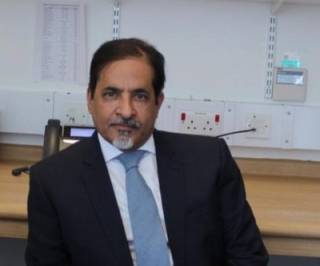
Prof. Mohammed Al-Maadheed
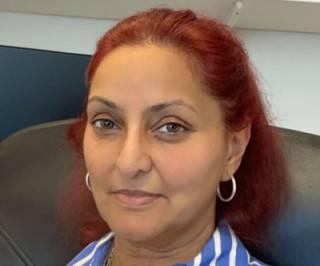
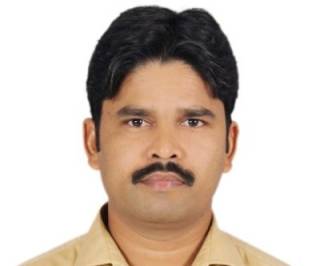
Dr Chidambaram Manickam
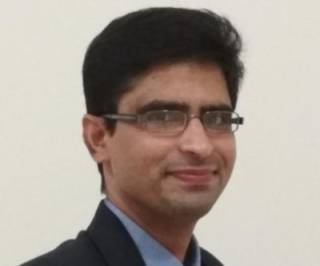
Dr Konduru Seetharama Sastry

Dr Maneera Al-Jabr

Dr Mark Stuart
- PhD students
Fatima Al-Hatimy
Investigation of the strategic decision-making process and assessment of its impact on Qatar’s healthcare system
Previous work recommended the use of rational decision-making, through strategic planning in order to improve the healthcare system in Qatar, specifying planning as a governance issue, and advocating a need for planning controls and monitoring capacity. This project is conducting a thorough quantitative assessment, using NCDs as a case study of the impact of changes within Qatar’s healthcare system, and benchmarks it against countries of similar size and government, such as Singapore.
Nada Mohamed-Ali
Investigation of Camel-derived Antibodies & VHH Fragments in Inflammatory Fibrotic Disease
The association between chronic, sub-clinical inflammation and several metabolic diseases is well established. Interleukin-6 (IL-6) has been shown to be an important regulator of fibrosis in insulin-responsive organs, such as the liver, adipose tissue, skeletal muscle and the heart. The cytokine appears to mediate the process leading to permanent scaring that fails to return the tissue to normal function. The therapeutic potential of IL-6 suppression in diabetes-associated tissue fibrosis is an area of intense research activity.
Dr Maryam AlNesf Al Mansouri
Noor Al-Naimi
Ijeoma Ibeawuchi
- Master's students
Ibrahim Al-Mohannadi
- Interns
Fatima Al-Musleh (Summer 2024)
Selected publications
- Elmadhoun S, Mansi M, Kamal R, Al-Kuwari K, Mohamed-Ali V, Al-Maadheed M (2024). Exploring the Relationship Between Injury, Addiction, and Physical Activity: A Path to Recovery for Athletes. Annals of Clinical and Medical Case Reports. (Accepted.)
- Stuart M, Farooq M, Thomas T, Mohamed-Ali N, Al-Maadheed M, Mohamed-Ali V (2024). The Essential and Optimal Analgesic and Anti-Inflammatory Medicines for Athletes at the Olympic Games. Sports Med Open. 2024 Jul 19;10(1): 80.
- Siew K, Nestler KA, Nelson C, D'Ambrosio V ... Al-Maadheed M, et al (2024). Cosmic kidney disease: an integrated pan-omic, physiological and morphological study into spaceflight-induced renal dysfunction. Nat Commun. 2024 Jun 11;15(1): 4923.
- Chamari K, Kamal R, Mohamed-Ali V, Al-Maadheed M (2024). Psychological Impact of Ramadan Fasting: Insights for General Population and Athletes. New Asian Journal of Medicine, 2(1), 27-31.
- Mazzarino M, Al-Mohammed H ... Mohamed-Ali V, Al-Maadheed M (2024). Liquid vs dried blood matrices: Application to longitudinal monitoring of androstenedione, testosterone, and IGF-1 by LC-MS-based techniques. J Pharm Biomed Anal. 2024 May 15;242: 116007.
- Aboujassoum HM, Mohamed-Ali V, et al (2023). Relative Recovery of Non-Alcoholic Fatty Liver Disease (NAFLD) in Diet-Induced Obese Rats. Nutrients. 2023 Dec;16(1): 115.
- Schmidt F, Abdesselem HB ... Mohamed-Ali V, Al-Maadheed M, et al (2023). Auto-immunoproteomics analysis of COVID-19 ICU patients revealed increased levels of autoantibodies related to the male reproductive system. Front Physiol. 2023 Jul 14;14: 1203723.
- El-Agnaf O, Bensmail I ... Al-Maadheed M, Mohamed-Ali V, et al (2023). Uncovering a neurological protein signature for severe COVID-19. Neurobiol Dis. 2023 Jun 15;182: 106147.
- Bettahi I, Krishnankutty R … Mohamed-Ali V, et al (2023). Differences in protein expression, at the basal state and at 2 h of insulin infusion, in muscle biopsies from healthy Arab men with high or low insulin sensitivity measured by hyperinsulinemic euglycemic clamp. Front Endocrinol (Lausanne). 2023 Feb 17;13: 1024832.
- Voss SC, Yassin M, Grivel JC ... Mohamed Ali V, Georgakopoulos C, Al Maadheed M (2022). Red blood cell derived extracellular vesicles during the process of autologous blood doping. Drug Test Anal. 2022 Nov;14(11-12): 1984-1994.
- Yu F, Courjaret R, Elmi A, Adap EA ... Mohamed-Ali V, Machaca K (2022). Chronic reduction of store operated Ca2+ entry is viable therapeutically but is associated with cardiovascular complications. J Physiol. 2022 Nov;600(22): 4827-4848.
- Shen L, Dashwood MR, Casale C ... Mohamed-Ali V (2022). Depot- and diabetes-specific differences in norepinephrine-mediated adipose tissue angiogenesis, vascular tone, collagen deposition and morphology in obesity. Life Sci. 2022 Sep 15;305: 120756.
- Aljaber MY, Orie NN, Raees A, Kraiem S, Al-Jaber M ... Mohamed-Ali V, Almaadheed M (2022). Downregulation of CYP17A1 by 20-hydroxyecdysone: plasma progesterone and its vasodilatory properties. Future Sci OA. 2022 Jul 7;8(6):FSO805.
- Ullah E, El-Menyar A, Kunji K ... Al-Maadheed M, Mohamed-Ali V, et al (2022). Untargeted Metabolomics Profiling Reveals Perturbations in Arginine-NO Metabolism in Middle Eastern Patients with Coronary Heart Disease. Metabolites. 2022 Jun 3;12(6): 517.
- AlJaber M, Abushreeda W, Raees A ... Mohamed-Ali V, Al Maadheed M, Lund G (2022). A Reproducible Method for the Identification of Methandrostenolone Metabolites Using a Humanized Liver Rodent Model. Biomedical Journal of Scientific & Technical Research, Biomedical Research Network+, LLC, Vol. 44(1): 35212-35219, May.
- Al-Nesf A, Mohamed-Ali N, Acquaah V, Al-Jaber M ... Mohamed-Ali V, Al-Maadheed M (2022). Untargeted Metabolomics Identifies a Novel Panel of Markers for Autologous Blood Transfusion. Metabolites. 2022 May 10;12(5): 425.
- Al-Nesf MAY, Abdesselem HB, Bensmail I ... Al-Maadheed M ... Mohamed-Ali V, Al-Ejeh F (2022). Prognostic tools and candidate drugs based on plasma proteomics of patients with severe COVID-19 complications. Nat Commun. 2022 Feb 17;13(1): 946.
- Al-Hatimy F, Farooq A, Al Abiad M, Yerramsetti S ... Mohamed-Ali V, Al-Maadheed M (2022). A Retrospective Study of Non-Communicable Diseases amongst Blue-Collar Migrant Workers in Qatar. Int J Environ Res Public Health. 2022 Feb 17;19(4): 2266.
- Orie NN, Raees A, Aljaber MY, Mohamed-Ali N … Mohamed-Ali V, Almaadheed M (2021). 20-hydroxyecdysone dilates muscle arterioles in a nitric oxide-dependent, estrogen ER-β receptor-independent manner. Phytomedicine Plus, Vol. 1(3).
- Ventura R, Daley-Yates P, Mazzoni I ... Stuart M (2021). A novel approach to improve detection of glucocorticoid doping in sport with new guidance for physicians prescribing for athletes. Br J Sports Med. 2021 Apr 20.
Funding and partnerships
Prof. Vidya Mohamed-Ali is a Scientific Advisor to the Anti-Doping Lab Qatar and a member of the Medical & Scientific Committee of the International Olympic Committee. She has contributed to over 100 conference proceedings and media output for the wider public (such as the British Nutrition Foundation Task Force publications) and attracted funding for several student stipends. She has obtained grant funding of £1.95 million and published over 90 peer-reviewed papers, four reviews and contributed chapters to three books. Her work has been cited over 6,000 times, with an H-index of 52.
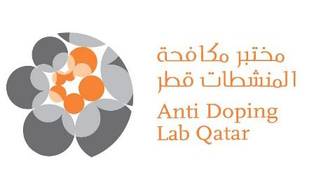
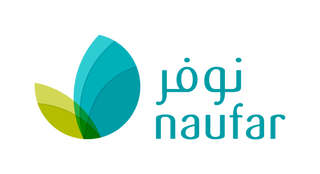
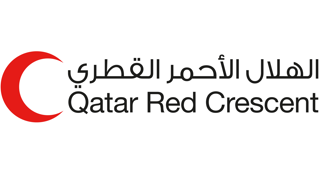
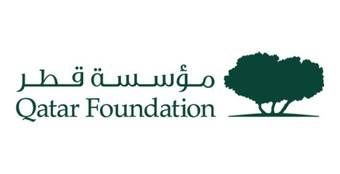
Related programmes
Contact Details
Telephone
Postal Address
UCL Division of Medicine
Royal Free Hospital Campus
Rowland Hill Street
Hampstead
London
NW3 2PF
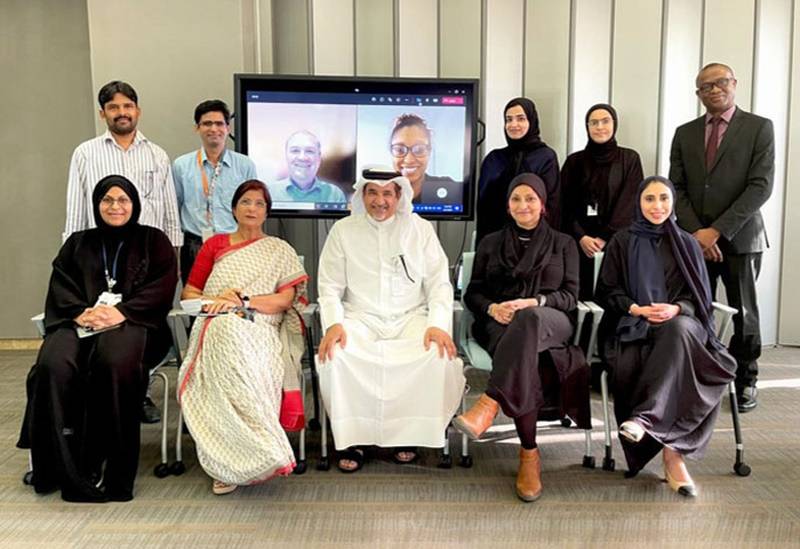
 Close
Close


